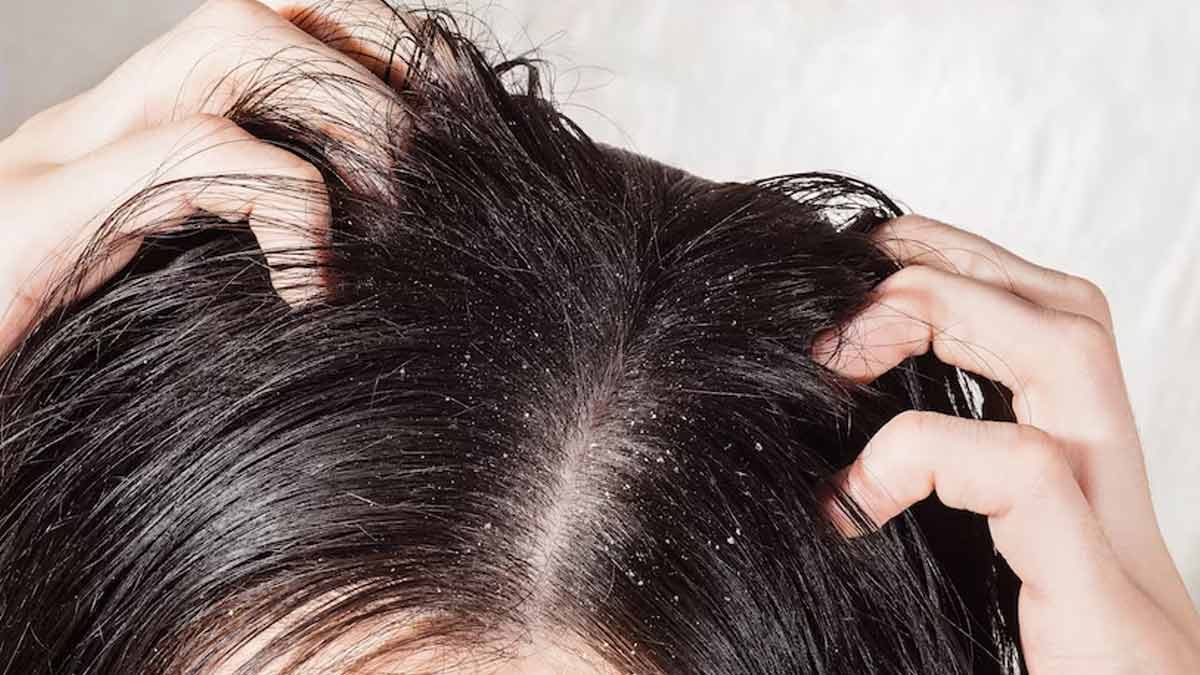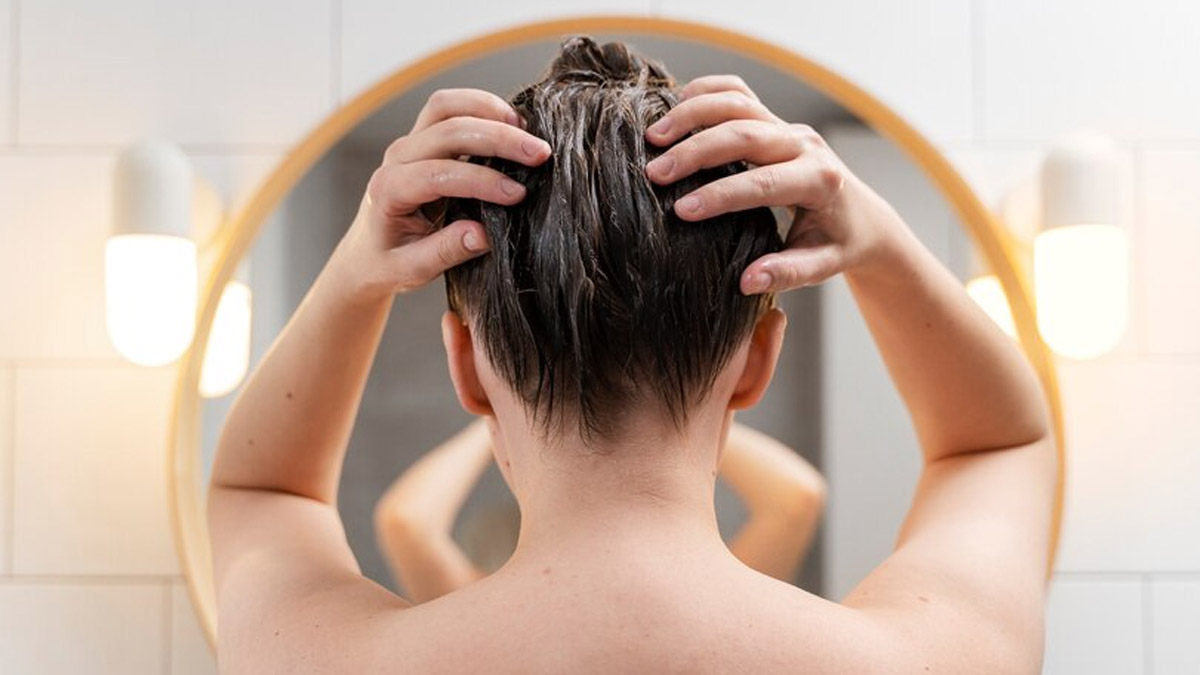

From dengue to gastrointestinal problems, the monsoon season is infamous for various health issues. This season also brings along some unwelcome guests, such as dandruff, which can be an embarrassing and annoying problem, causing itchiness and flaking of the scalp. However, with the right tips and strategies, you can effectively combat dandruff and enjoy the rainy season to the fullest.
Reasons for Dandruff During Monsoon
During the monsoon season, several factors contribute to the increased occurrence of dandruff. Here are some of the main reasons:
Humidity
The high humidity levels during the monsoon create an ideal environment for the growth of fungus and bacteria on the scalp, leading to dandruff formation.

Excessive Sweating
Due to the high humidity, your scalp tends to sweat more. Your sweat combines with the natural oils on your scalp, making it a breeding ground for dandruff-causing microbes.
Also Read: Excessive Sweating In Social Situations? Know The Causes, Symptoms And Treatment For Hyperhidrosis
Poor Hygiene
In the rainy season, your hair and scalp are more prone to getting wet. If not properly dried or cleaned, this can lead to the accumulation of dirt, oil, and dead skin cells, ultimately causing dandruff.
Tips To Get Rid Of Dandruff During Monsoon
Now that we understand the reasons behind dandruff during the monsoon, let’s explore some effective tips to get rid of it.
Keep Your Scalp Clean

It is essential to maintain good scalp hygiene during the monsoon. Regularly cleanse your hair with a gentle anti-dandruff shampoo. Make sure to massage your scalp gently while shampooing to remove any dead skin cells or product buildup.
Use an Anti-Dandruff Conditioner
After shampooing, you should apply a conditioner specifically formulated to combat dandruff. This will help to moisturise and nourish your hair while keeping dandruff at bay.
Avoid Excessive Oiling
While oiling your hair can provide nourishment, it is best to avoid excessive oiling during the monsoon. Excess oil can attract more dirt and dust, leading to dandruff. If you prefer oiling, use a light, non-greasy oil, and apply it sparingly.
Also Read: Hair Oiling Benefits: How To Do It The Right Way
Keep Your Hair Dry
Make sure your hair is thoroughly dry before stepping out in the rain or going to bed. Damp hair is more prone to fungal and bacterial growth, which can aggravate dandruff. Use a gentle towel or a hairdryer on the lowest heat setting to dry your hair completely.
Maintain a Healthy Diet
A balanced diet plays a crucial role in maintaining healthy hair and scalp. Incorporate nutrient-rich foods into your diet that are abundant in vitamins, minerals, and omega-3 fatty acids, such as fruits, vegetables, fish, nuts, and seeds. Avoid excessive intake of sugary and processed foods, as they can contribute to dandruff.
Avoid Excessive Heat Styling

Heat styling tools like straighteners and curling irons can strip the scalp of moisture, making it prone to dandruff. Thus, you should minimise the use of such tools or opt for heat-protectant products before styling.
Conclusion
Dandruff during the monsoon can be a common problem, but with the right tips and care, you can keep it at bay. Remember, a little extra care can go a long way in keeping your hair and scalp healthy and dandruff-free during the monsoon.
[Disclaimer: This article is for informational purposes only. Perform a patch test before applying anything on your hair and consult a dermatologist in case of side effects.]
Image Credits: freepik
اكتشاف المزيد من ينبوع المعرفة
اشترك للحصول على أحدث التدوينات المرسلة إلى بريدك الإلكتروني.
